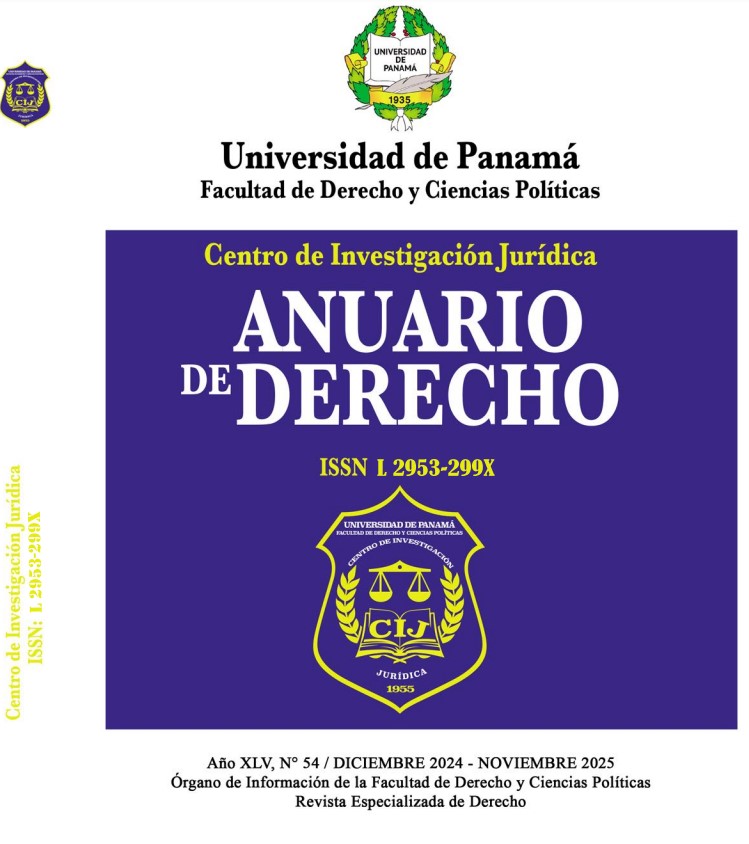

Copyright (c) 2024 Anuario de Derecho

This work is licensed under a Creative Commons Attribution-NonCommercial-ShareAlike 4.0 International License.
This article analyzes how Artificial Intelligence (IA) is transforming criminal processes in the analysis and processing of digital evidence, using patterns that could go unnoticed by humans, through algorithms trained to detect suspicious and/or criminal activities.
The use of AI in the management of digital evidence must of course be managed respecting human and ethical rights; guaranteeing transparency in the criminal process, prohibiting discriminatory biases, privacy and helping the judge in the evaluation of evidence.